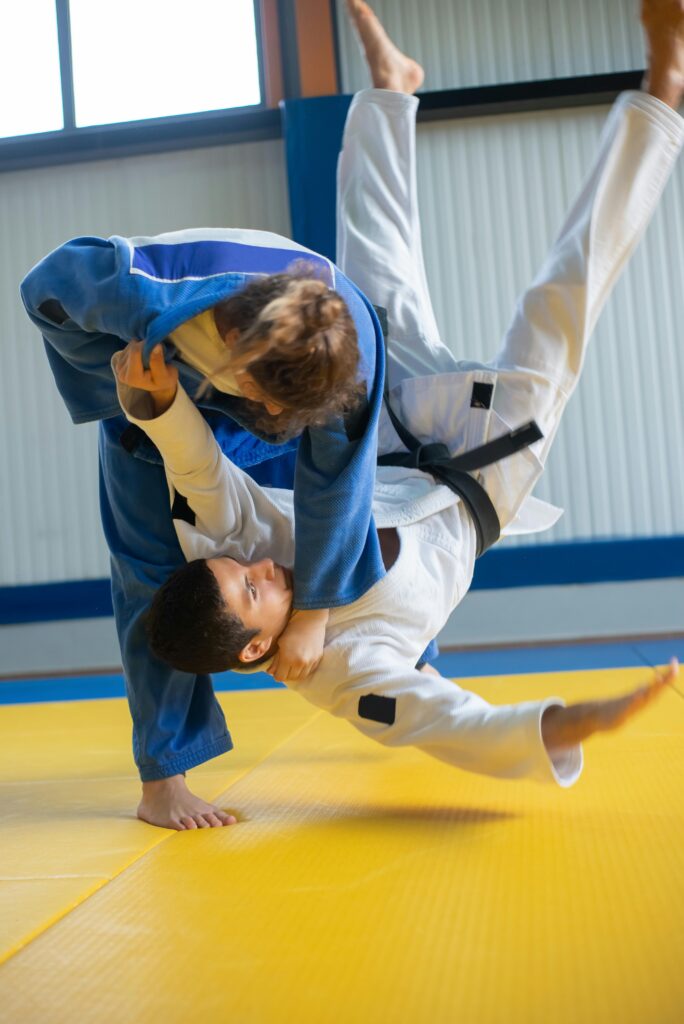Celebrating human excellence means moving past outdated divisions and trusting in what every body can achieve.
Introduction
Sport is meant to celebrate human excellence. Yet too often, debates around trans athletes are clouded by outdated ideas of biology and fairness. When we step back and look carefully, it becomes clear: the current way we divide sport by “biological sex” is not just outdated, but rooted in myth, misunderstanding, and old social structures like patriarchy. True fairness would mean focusing on individual ability, not assumptions based on birth.

The Natural Spectrum of Ability
Humans are not neat categories. There is a massive natural spectrum of physical ability across cis and trans people alike. Some cisgender women are stronger and faster than most cisgender men. Some cis men are smaller, slower, and less powerful than many cis women. Studies show that natural performance overlaps significantly between some men and women, further challenging rigid divisions (Sullivan, 2011).
If biological sex alone decides athletic ability, anyone assigned male at birth should theoretically be able to beat Usain Bolt in a sprint or Paula Radcliffe in a marathon. But that’s clearly absurd. Natural ability is far more complicated than simple sex differences.
Biology is Messy, Not Binary
Biological sex is not a tidy split between male and female. It involves a wide range of factors — hormones, chromosomes, bone density, muscle mass, oxygen capacity, and more — that vary wildly among individuals, not neatly between sexes (Ainsworth, 2015).
Furthermore, trans women who undergo medical transition (typically involving hormone therapy) experience significant reductions in strength, muscle mass, haemoglobin levels, and speed over time. Research shows that after one year of hormone therapy, trans women’s athletic advantage over cis women is significantly reduced (Roberts et al., 2020).
Testosterone, often raised as the defining factor, is just one part of a complex biological picture. Natural testosterone levels vary widely even among cisgender men and women, and athletic success is influenced by countless other traits, including lung capacity, limb length, muscle fibre type, and sheer training effort.
Fairness Already Exists Without Sex Divisions — in Animal Sports
If fairness were truly the goal, we would treat human sport like we treat animal sports, where we trust natural performance to sort itself out.
- Horse racing: Male and female horses compete together in the same races. Performance differences are balanced through handicap systems like adding extra weight to stronger horses.
- Greyhound racing: Male and female greyhounds run together. Performance, not gender, determines outcomes.
- Sled dog racing: Teams mix male and female dogs without separation. Ability and endurance are what matter.
- Camel racing and sheepdog trials: Again, no sex divisions. Success is based purely on ability and skill.
When it comes to animals, we accept that natural differences exist and adjust sensibly if needed. We don’t obsess about their sex. But with humans, we cling to outdated, patriarchal ideas — the old notion that women were inherently fragile and needed protecting.

Human Sports Already Adjust for Ability, Too
We already have examples where we manage fairness based on ability, not assumptions about biology:
- Boxing and martial arts: Divided by weight classes, not gender alone.
- Paralympic sport: Athletes are classified by functional ability rather than by disability cause or biological sex (International Paralympic Committee, 2021).
- Motorsport, sailing, equestrian: Men and women compete together. In these sports, skill, strategy, and endurance matter more than brute strength.
Protecting women’s sport is important — but protecting it means ensuring it is inclusive and fair for all women, cis and trans alike. Fairness is not achieved by building walls against minority groups but by creating open, thoughtful systems that respect real differences without enforcing outdated divisions.
Sport Has Always Been Political
Sport has never been free from politics. Battles over race, class, gender, and now gender identity have always shaped who gets to compete and under what terms. The policing of trans athletes is not about love of fairness — it is about who society allows to be visible, who it accepts, and who it pushes to the margins.
The International Olympic Committee itself acknowledges that rigid categories based solely on sex are inadequate. Their 2021 Framework for Fairness, Inclusion and Non-Discrimination calls for individualised assessments and rejects assumptions about innate advantage (IOC, 2021).
Insisting on rigid gender categories is a political act. It protects a social order built on patriarchal values, where power is held by controlling who is allowed full participation. This is not about sport. It is about social control.
Sport Could Be a Bridge, Not a Barrier
Imagine if sport evolved into something better: a celebration of what human bodies and minds can do, no matter their gender, sex, or history. Sport could be a bridge that unites us, not a wall that divides us.
We have the models. We have the science. What we need is the courage to move beyond old ideas and recognise that the future of sport lies not in drawing harsher lines, but in erasing the barriers that were never truly fair to begin with.
Conclusion
Sport should be about celebrating what each human body can achieve, not what that body looks like at birth. Trans inclusion in sport is not about “special treatment.” It’s about moving beyond outdated categories towards a system that is genuinely fair, where skill, dedication, and individual ability are what matter.
The future of sport is not male versus female. It is human excellence, measured honestly.
Sources:
- Ainsworth, C. (2015). Sex Redefined. Nature
- Roberts, T. A., Smalley, J., & Ahrendt, D. (2020). Effect of Gender Affirming Hormones on Athletic Performance in Transgender Women and Men. PLOS ONE
- Sullivan, C. F. (2011). Sex Testing in Sport: The Need for Change. British Medical Bulletin
- International Paralympic Committee (2021). Classification Code
- International Olympic Committee (2021). Framework on Fairness, Inclusion and Non-Discrimination. IOC
- Griffin, P. (1992). Sport in Society: Issues and Controversies. Google Books
